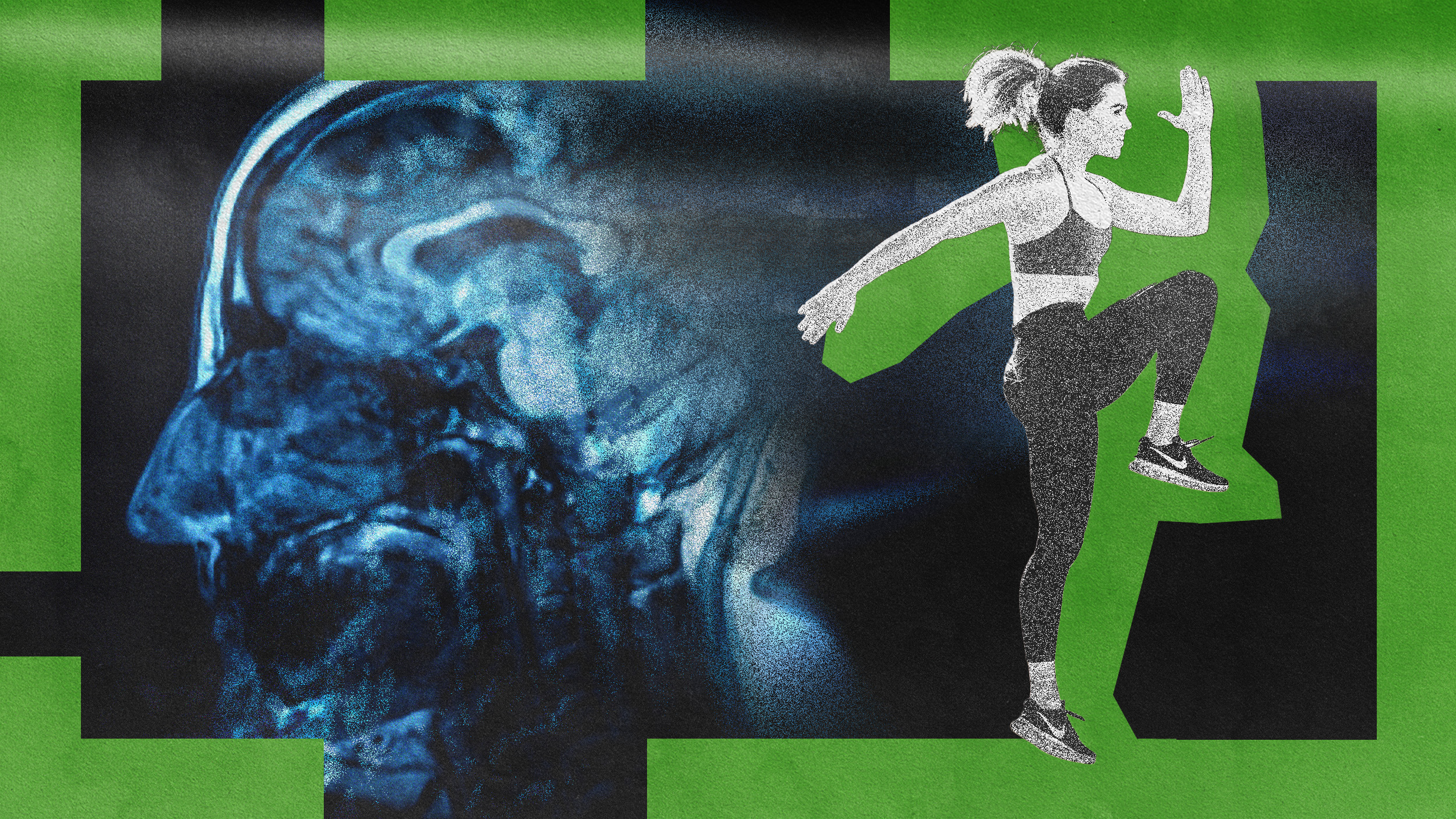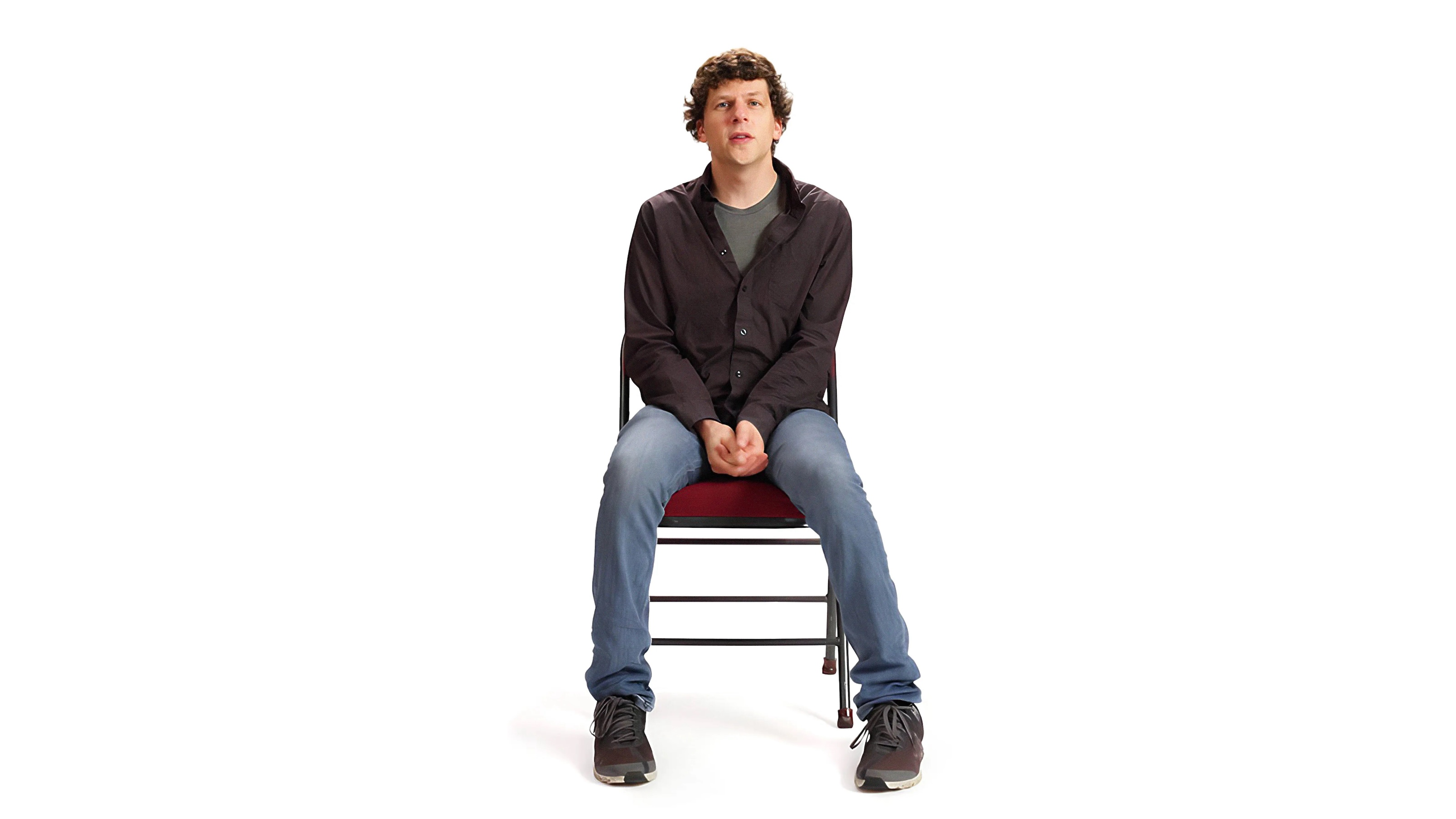Cultivating your own well-being does not mean getting rid of discomfort, according to neuroscientist Mary Helen Immordino-Yang.
Immordino-Yang is a professor of education, psychology, and neuroscience at the University of Southern California, and she has spent years researching what makes one “well.”
Turns out, true well-being comes from balance and flexibility, not just from filling your life with positive experiences. Immordino-Yang suggests a few practical tips for maintaining this balance, such as prioritizing quality relationships, monitoring our social media usage, and engaging in activities that bring joy and reflection.
We can’t fully eradicate suffering, but we can accept it and choose to grow through it. By welcoming healthy levels of discomfort and taking agency over our own activities and habits, we can achieve wellness as it was meant to be achieved – as a state of being, not a destination.
Mary Helen Immordino-Yang: Often we think about well-being as the absence of disease, the absence of mental illness, the absence of strife. But neuroscience and developmental social science help us understand that the origins of well-being are really about balance. It's about an ability and a flexibility to manage oneself. Well-being is both a capacity and a state.
The brain data really help us understand the contributions to that capacity and state. A concept like well-being is not applied to a person; it's conjured within the person by their own actions and dispositions of mind. This shifts the way in which we support a person in developing well-being and becoming well.
I think there are practical things that you can do to support your own well-being strategically. Prioritizing the quality of the relationships that you have with the people around you, whom you care about. Setting yourself up to have control over certain kinds of social media use, certain kinds of scrolling—these addictive things that suck you into a pattern of wanting more and pull you out of a space where you can reflect and just sort of be.
Construct meaningful stories about how that's happening and what that feels like. Privilege the things that you really enjoy doing with the people you really enjoy being with. Taking the time to reflect and think about what it's all for, and then enact that. Giving to others and being engaged with others—we reap back the benefits of that.






